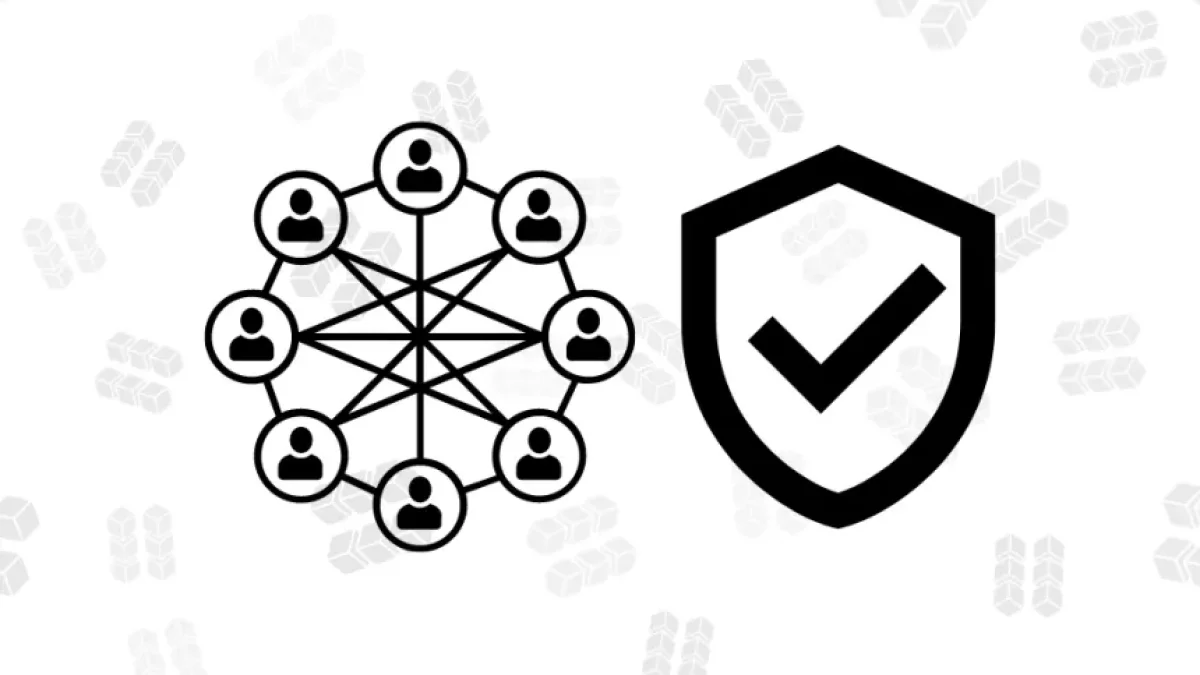How Blockchain is Changing Cybersecurity and Online Transactions


In today's digital world, cybersecurity and trust in online transactions are more important than ever. With the rise in cyber threats, businesses and users are seeking more robust solutions to protect their information and assets. One of the technologies that has emerged as a game changer in this field is blockchain. In this article, we will explore how this technology is transforming cybersecurity and online transactions.
What is Blockchain?
Blockchain is a decentralized ledger technology that enables the creation of an immutable record of information on a distributed network. Each block of data is linked to the previous one, forming a chain that ensures the integrity and security of the information. This feature makes blockchain particularly useful for applications in cybersecurity and online transactions.
Key Features of Blockchain
- Decentralization: Unlike traditional centralized systems, where a single entity controls the information, blockchain distributes control among multiple nodes. This reduces the risk of cyberattacks.
- Immutability: Once information is recorded on the blockchain, it cannot be altered or deleted. This provides a high level of trust in the integrity of the data.
- Transparency: All participants in the network can access and verify the recorded information. This increases trust among the parties involved in a transaction.
Impact on Cybersecurity
Protection Against Fraud
One of the main applications of blockchain in cybersecurity is its ability to protect against fraud. Thanks to its immutability, any attempt to alter data is easily detected, making it much harder for attackers to carry out fraudulent activities.
Improvement of Digital Identity
Identity authentication is critical in the digital world. Blockchain allows the creation of secure and verifiable digital identities. This not only protects users but also reduces the risk of identity theft and unauthorized access.
Read also
Resilience Against Attacks
The decentralized nature of blockchain makes it less susceptible to cyberattacks. If one node is compromised, the information remains secure on other nodes in the network. This increases the resilience of the system.
Impact on Online Transactions
Faster and Safer Payments
Blockchain enables almost real-time transactions, eliminating the interruptions and delays associated with traditional methods. Moreover, transactions on blockchain are often more secure, as they eliminate intermediaries and reduce exposure to fraud.
Cost Reduction
By removing intermediaries in transactions, blockchain can significantly lower associated costs. This is especially beneficial for businesses that regularly engage in transactions and seek to optimize their expenses.
Smart Contracts
Smart contracts are one of the most exciting innovations offered by blockchain. These contracts execute automatically when certain conditions are met, ensuring that both parties in a transaction fulfill their part of the agreement. This not only enhances security but also simplifies complex processes.
Challenges and Considerations
Scalability
Despite its advantages, blockchain faces challenges, such as scalability. As more users and transactions enter the network, there can be issues with speed and efficiency.
Regulations
The regulatory framework for blockchain and cryptocurrencies is still developing in many countries. Businesses must stay informed about changes in policies to ensure compliance and avoid fines.
Private Key Security
The security of private keys is fundamental in blockchain transactions. If a user loses their private key, they lose access to their assets. Education and key management tools are crucial in this aspect.
Conclusion
Blockchain is revolutionizing both cybersecurity and online transactions. Its ability to offer a high level of security, transparency, and efficiency not only enhances the user experience but also sets a new standard in how businesses operate. As this technology continues to evolve, we are likely to see even more innovations that go beyond what we have experienced so far. Adapting to these changes is crucial to capitalize on the advantages that blockchain has to offer.
Additional Resources
- Fundamentals of Blockchain Technology
- Impact of Blockchain on Cybersecurity
- Digital Identity and Blockchain
If you want to learn more about how blockchain can benefit your business, feel free to contact a blockchain technology specialist.

















